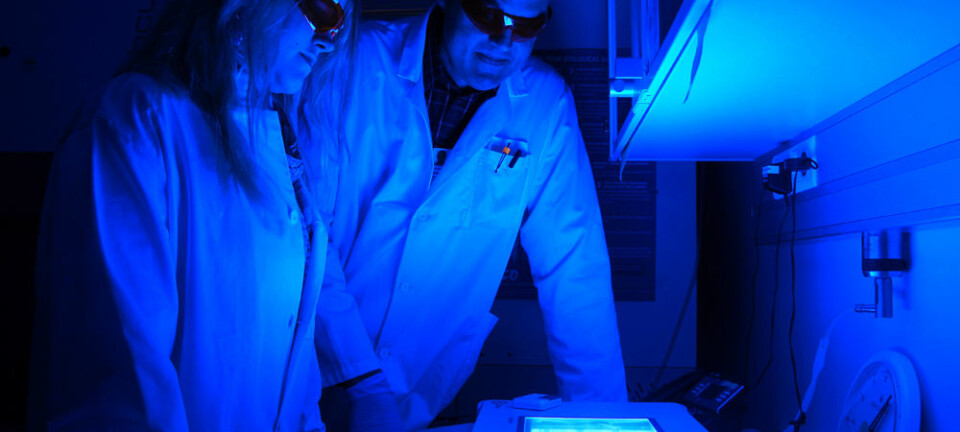
Promising treatment for deadly brain cancer
A brain cancer that mainly affects children may be slowed by a treatment that is already being tested for a different type of cancer.
Doctors are currently helpless to treat a particular type of brain cancer that disproportionately hits children. Only one per cent of people diagnosed with this form of brain cancer survive five years on.
But a treatment could be on the way, according to new research.
Diffuse Intrinsic Pontine Glioma (DIPG) may be slowed by a treatment that is already being tested on other forms of cancer.
Scientists behind the study are hopeful that clinical trials will start soon.
“Hopefully, we’ll start clinical trials next year,” says Kristian Helin, professor and director of the research group BRIC, University of Copenhagen. He is senior author of the new research just published in the journal Nature Medicine.
First step towards effective treatment
The results are welcomed by chief physician Karsten Nysom at the children’s cancer ward at the University of Copenhagen Hopsital, Denmark.
“It's really exciting. This form of childhood cancer is our biggest challenge. Despite numerous attempts, we still consider this disease incurable. Hopefully this is a step towards an effective treatment,” says Nysom, who was not involved in the new study.
The results are also welcomed by Bjarne Winther Kristensen, professor and specialist chief physician at Odense University Hospital.
“The Scientists have made a really convincing study and the treatment strategy seems to have potential. These results are a good basis to examine the drug in a clinical context on people,” says Kristensen.
Read More: Brain cancer more common among highly educated
No serious side effects
The scientists behind the new study discovered that the inhibiting enzyme called EZH2, could halt DIPG.
At the same time, they were able to track the cancer to ensure that the treatment worked.
“We now know the mechanism of the cell that creates the deadly DIPG-cancer, and our study suggests that we can curb cancer by inhibiting the enzyme At the same time, it seems that the drug has no serious side effects in humans as it has advanced far in clinical trials. It’s very good news, since it’s a very deadly form of cancer for which we currently cannot offer treatment,” says Helin.
It seems that the drug has no serious side effects in humans as it has advanced far in clinical trials, he says. “It’s very good news, since it’s a very deadly form of cancer for which we currently cannot offer treatment.”
It is exciting as it could lead to a precise treatment, says Kristensen.
“It’s promising that this type of possible treatment, has already been linked with a specific mutation. That way you can organise the treatment so that it fits with the type of cancer,” he says.
Cancer patients could be screened for a number of gene mutations in advance, which will not cost much more to screen for this type of mutation.
Read More: Scientists discover mechanisms behind aggressive forms of cancer
Cancer should be completely removed—not just slowed
Inhibition of the enzyme EZH2 can thus slow the cancer from developing, but it does not kill the cancer cells, which is the ultimate goal, says Helin.
“It’s not enough to just stop the cancer cells dividing. You want to remove them completely. It may well be that the cells die over longer periods of treatment, but we don’t know that yet—so we need to study that now. But of course, it’s a big and important step on the road to a cure,” says Helin.
“We hope that the thinking behind the treatment can be applied to other cancers, and that we can help other patients,” he says.
-----------------
Read the full version of this story on Videnskab.dk
Translated by: Catherine Jex









